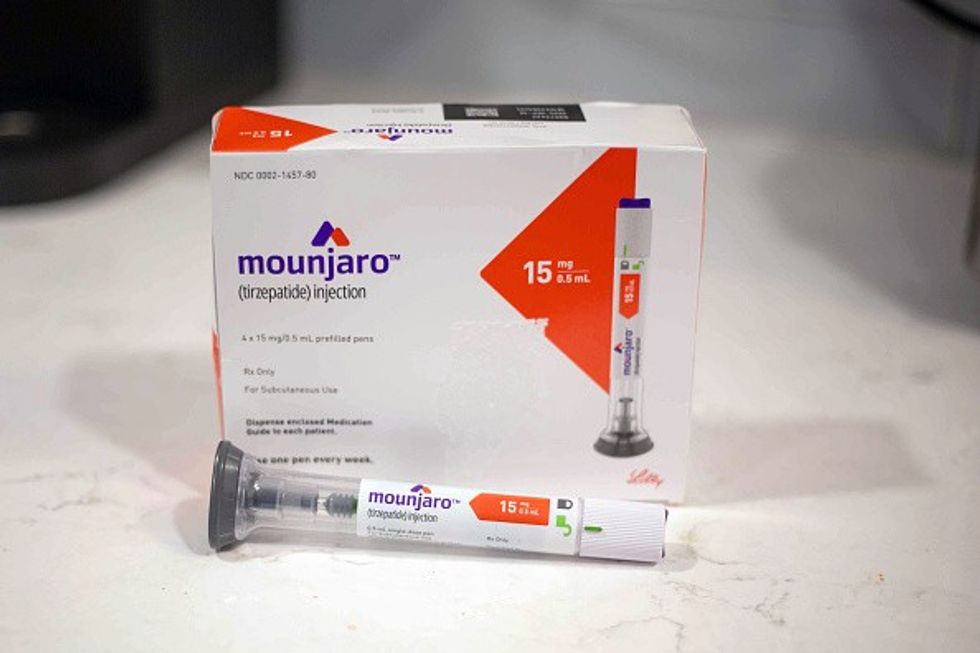Claims that a potential Royal College of Pharmacy would no longer promote the interests of pharmacists have been described as 'nonsense' by Paul Bennett, chief executive at the Royal Pharmaceutical Society (RPS).
From March 13th to March 24th, RPS members will take part in a Special Resolution Vote (SRV) which seeks to amend the Society’s Royal Charter to facilitate its transition to a Royal College and registered charity.
Leading up to the vote, critics have argued that the pharmacy sector’s leadership body would no longer serve the interests of pharmacists if it were to become a Royal College.
Bennett believes that doubts have arisen as a result of a 'misunderstanding' of the role of a Royal College and pointed out that other healthcare professional leadership bodies most frequently are Royal Colleges.
“This is not about leaving members behind, it's not about leaving pharmacists behind. The proposals absolutely have our members at the very heart of the organisation,” he told Pharmacy Business.
“This is now the time for us to embrace the opportunity that many have been calling calling for for several years to assume our rightful place, as it were, amongst the other healthcare colleges and be proud of our profession and to do so in a way which resonates with the public.”
Paul Bennett responds to Royal College critics
Among those against the proposals is the Pharmacy Defence Association (PDA) which has told its members to vote 'no' as it believes that if the RPS becomes a charity, its principal objective would be to act in the public interest instead of its previous objective to 'safeguard, maintain the honour, and promote the interests of pharmacists'.
Another critic, former RPS president, Martin Astbury, has argued that a Royal College would lead to 'unintended disastrous consequences'. He echoed the PDA’s sentiment that it would lead to a shift from representing the interests of pharmacists to representing the public interest.
Astbury revealed he would resign from the English Pharmacy Board if the proposals go through.

Bennett responded by saying: “I find it a real struggle to see the argument that others are trying to put forward – it’s actually somewhat of a nonsense argument.
“We all go into this profession to do good for patients and the public. This is not in some way moving forward, blind to what pharmacists as individual professionals can do to contribute to patient safety, benefit of public and patient good - they are so closely intertwined.
“These arguments are based on misinformation and not looking at what is happening, the respect that the profession has from the public and the work that pharmacy can do to enhance that. And it's through the vehicle of a Royal College we think we can do that even more so.”
Bennett described the vote as a 'historic' moment for pharmacy and would lead its model of governance change if the proposals are supported by two-thirds of its members.
“These proposals have been made by our governing body the RPS assembly in order to modernise the organisation and to make us fit for the future as a professional leadership body in response to the very many changes that we foresee in the pharmacy landscape.”
RPS members urged to make their votes count
Bennett revealed that the proposals have received the backing of the UK Pharmacy Professional Leadership Advisory Board (UKPPLAB).
Setup last April on the back of the UK Commission on Pharmacy Professional Leadership’s report, the UKPPLAB’s remit is to foster greater collaboration among different leadership organisations in the sector and create a sustainable model going forward for pharmacy professional leadership.
“The UKPPLPAB have said that the Royal College would catalyse collaboration across pharmacy, professional leadership, leadership and strengthen the voice of pharmacy and that the outcome of this vote matters to all professionals working in pharmacy and to the whole pharmacy team,” said Bennett.
“Greater unity would ultimately deliver the stronger professional leadership, voice recognition, representation and strategic direction that that they believe is needed and ultimately to bring an end to division and fragmentation.”















 Daniella Fakhouri, director of pharmacy at LIPs
Daniella Fakhouri, director of pharmacy at LIPs Mounjaro (tirzepatide) injections (Getty Images)
Mounjaro (tirzepatide) injections (Getty Images)


